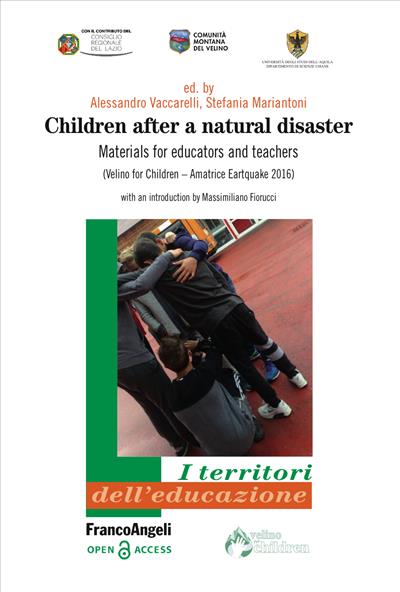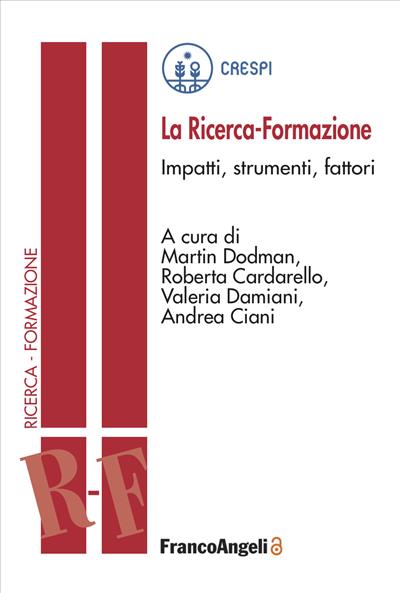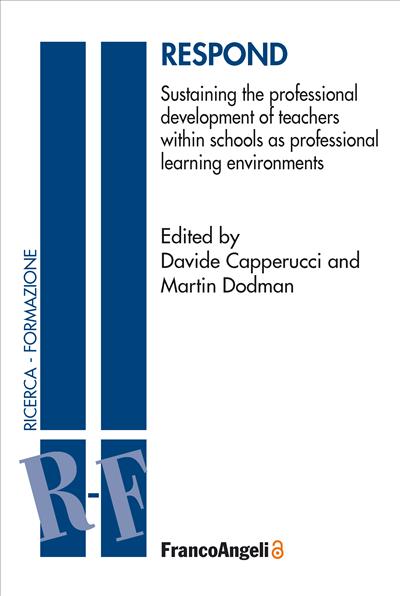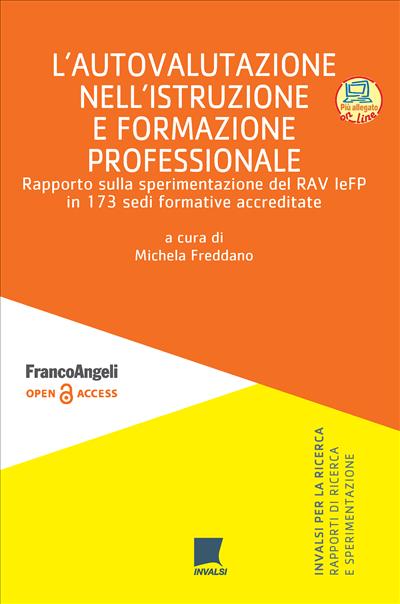
A cura di: Alessandro Vaccarelli, Stefania Mariantoni
Children after a Natural disaster.
Materials for educators and teachers. (Velino for Children-Amatrice Heartquake 2016)
This book, born from experiences gained in the aftermath of the Amatrice earthquake in Italy in 2016, offers paths, through guidelines and educational activities, to confront together with children and teenagers post-catastrophe situations, the return to school, the intelligent management of emotions, and the maintenance of a sense of community.
Pagine: 146
ISBN: 9788891767974
Edizione:1a edizione 2018
Codice editore: 10940.2
Informazioni sugli open access




